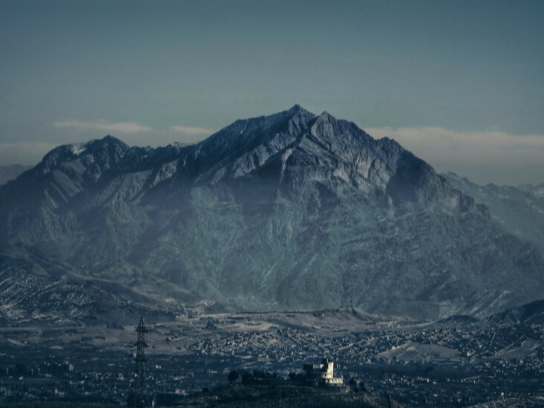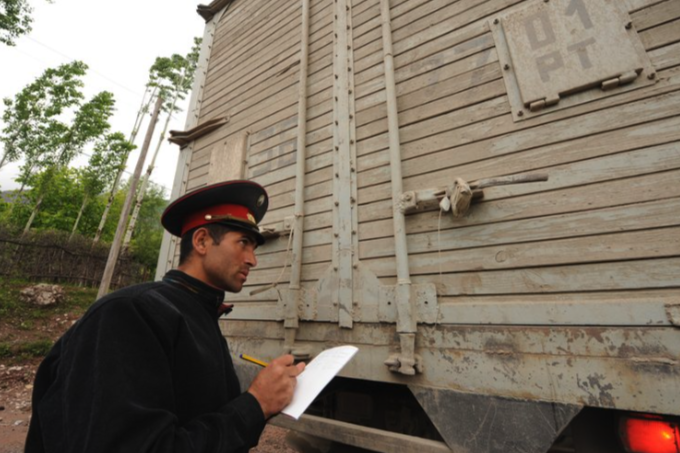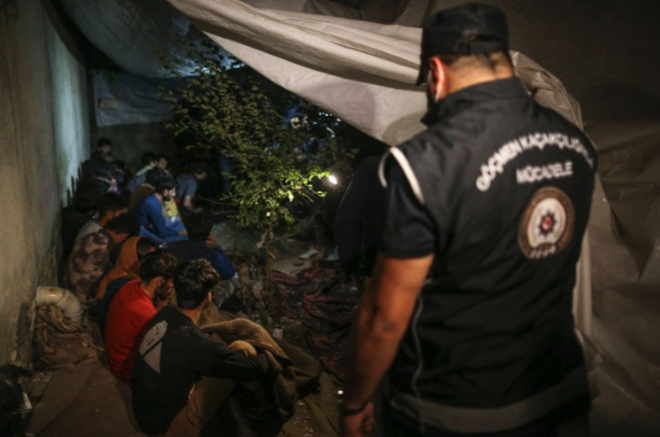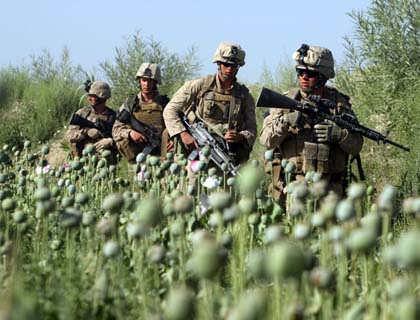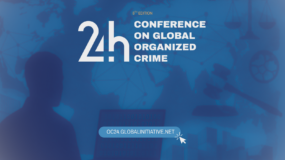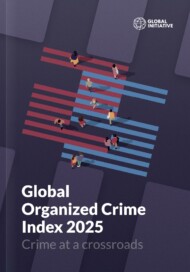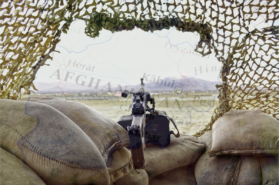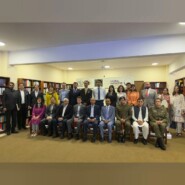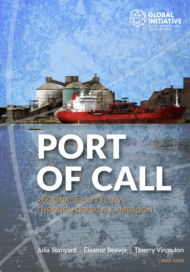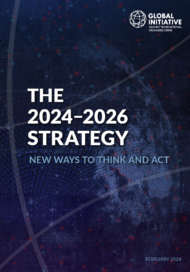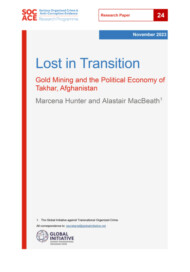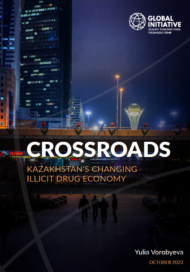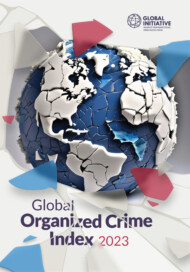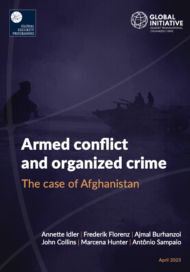
The Observatory of Illicit Economies in Central and South Asia aims to monitor and analyse developments in the regional organized crime landscape in relation to local political economies, local conflict and instability, geopolitical trends, shifting demography and migration trends, urbanization, and the spread of Internet connectivity. The Observatory builds on the research model that combines extensive local field research in countries in high-risk environments with rigorous analysis to produce a new generation of responses to transnational organized crime.
The GI-TOC has successfully implemented this research model in the volatile security context of Afghanistan and Pakistan to monitor the transformation of the illicit economies in the region after the Taliban had returned to power. This resulted in a series of publications on organized crime after the Taliban takeover, covering a variety of topics including drug trafficking, its impact on the region and the prospects for multilateral engagement on drug policy, migrant smuggling and human trafficking, and illicit gold mining. The research was also published in the edited volume by Michael Cox, titled Afghanistan: Long war, forgotten peace (London: LSE Press, 2022). (link)
The Central and South Asia Observatory further builds on the research conducted within the broader Asia-Pacific research, for example on cybercrime, illicit gold flows, and sand mafias in India. The focus on Central and South Asia allows a better understanding of how illicit economies interact with the communities and authorities in a region with many organised crime related issues.
